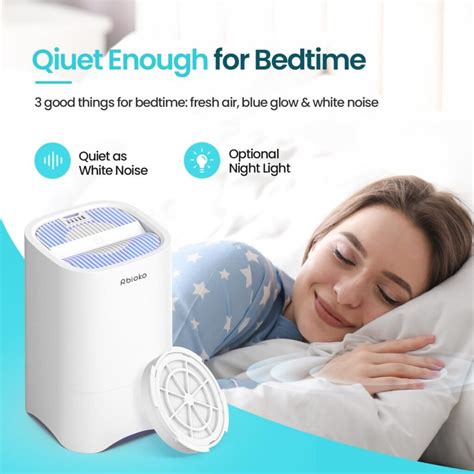With the increasing prevalence of respiratory issues among pets, air purifiers have emerged as a potential solution to improve their overall well-being. However, choosing the right air purifier for your pet’s specific needs can be a daunting task. This article provides an in-depth comparison of two types of pet air purifiers: HEPA filters and ionic air purifiers.

HEPA Filters vs. Ionic Air Purifiers: Which is Right for Your Pet?
HEPA Filters
- High-Efficiency Particulate Air (HEPA) filters are mechanical filters that trap airborne particles, including allergens, dander, dust, and smoke.
- They are rated according to their ability to capture particles of specific sizes, with the most common rating being H13, which can capture 99.95% of particles 0.3 microns or larger.
- HEPA filters are highly effective at removing allergens and improving air quality, making them a good choice for pets with respiratory issues.
Ionic Air Purifiers
- Ionic air purifiers emit negatively charged ions into the air, which attach to airborne particles and weigh them down, causing them to fall out of the air and onto surfaces.
- They are effective at removing dust, pollen, and other large particles but are less effective at removing allergens and dander.
- Ionic air purifiers can also produce ozone, a gas that can be harmful to pets if inhaled in high concentrations.
Comparison Table: HEPA Filters vs. Ionic Air Purifiers
| Feature | HEPA Filters | Ionic Air Purifiers |
|---|---|---|
| Particle capture efficiency | High | Moderate |
| Allergen removal | Excellent | Good |
| Dander removal | Excellent | Good |
| Ozone production | None | Potential |
| Filter maintenance | Requires regular replacement | No replacement required |
| Cost | Higher | Lower |
Tips for Choosing the Right Pet Air Purifier
- Consider your pet’s specific respiratory issues. If your pet suffers from allergies or asthma, a HEPA filter is a more effective choice.
- Determine the size of the room where the air purifier will be used. The air purifier should be sized appropriately for the space to ensure adequate coverage.
- Look for models with adjustable fan speeds. This allows you to customize the air flow to meet your pet’s needs.
- Consider the noise level of the air purifier. Some air purifiers can be noisy, which may disturb your pet.
- Read reviews from other pet owners. This can provide valuable insights into the performance and effectiveness of different models.
Reviews of Top-Rated Pet Air Purifiers
1. Levoit Pet Air Purifier
- HEPA H13 filter removes 99.97% of airborne particles.
- Quiet operation won’t disturb pets.
- Adjustable fan speed for customized air flow.
2. GermGuardian Pet Pure Air Purifier
- Three-in-one filtration system includes a HEPA filter, carbon filter, and UV-C light.
- Kills 99.99% of germs and bacteria.
- Ideal for homes with multiple pets.
3. Honeywell HPA300 Air Purifier
- HEPA H13 filter effectively traps allergens and dander.
- Auto mode adjusts fan speed based on air quality.
- Sleek and compact design fits almost anywhere.
4. Dyson Pure Cool Pet Air Purifier
- HEPA H13 filter captures 99.95% of airborne particles.
- Air Multiplier technology projects clean air throughout the room.
- Features a night mode for quiet operation.
Highlights of Pet Air Purifiers for Respiratory Issues
- Significantly reduce allergens and dander in the air.
- Improve air quality and reduce respiratory symptoms.
- Can help pets with allergies, asthma, and other respiratory conditions.
- Easy to use and maintain.
Future Trends in Pet Air Purifiers
The pet air purifier market is expected to grow significantly over the coming years, driven by the increasing prevalence of respiratory issues among pets and growing awareness of the importance of indoor air quality. Future trends include:
- Smart air purifiers that connect to Wi-Fi and can be controlled with a smartphone app.
- Air purifiers with built-in sensors that can monitor air quality and adjust fan speed accordingly.
- Portable air purifiers that can be used in multiple rooms or when traveling.
Case Detail: Pet Owner Success Story
“My dog, Buddy, has severe allergies and was constantly sneezing and scratching. After using a pet air purifier for a few weeks, his symptoms have improved significantly. He’s much more comfortable and playful now.” – Sarah, pet owner
Conclusion
Pet air purifiers can be a valuable tool for improving the respiratory health of pets with allergies, asthma, and other respiratory conditions. By choosing the right air purifier for your pet’s specific needs, you can help them breathe easier and live a more comfortable life.





















